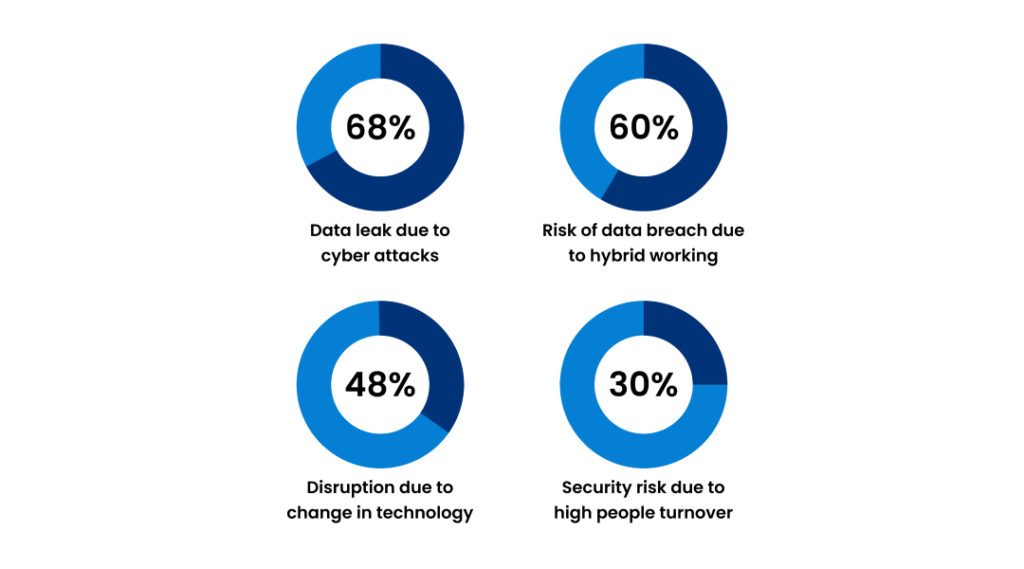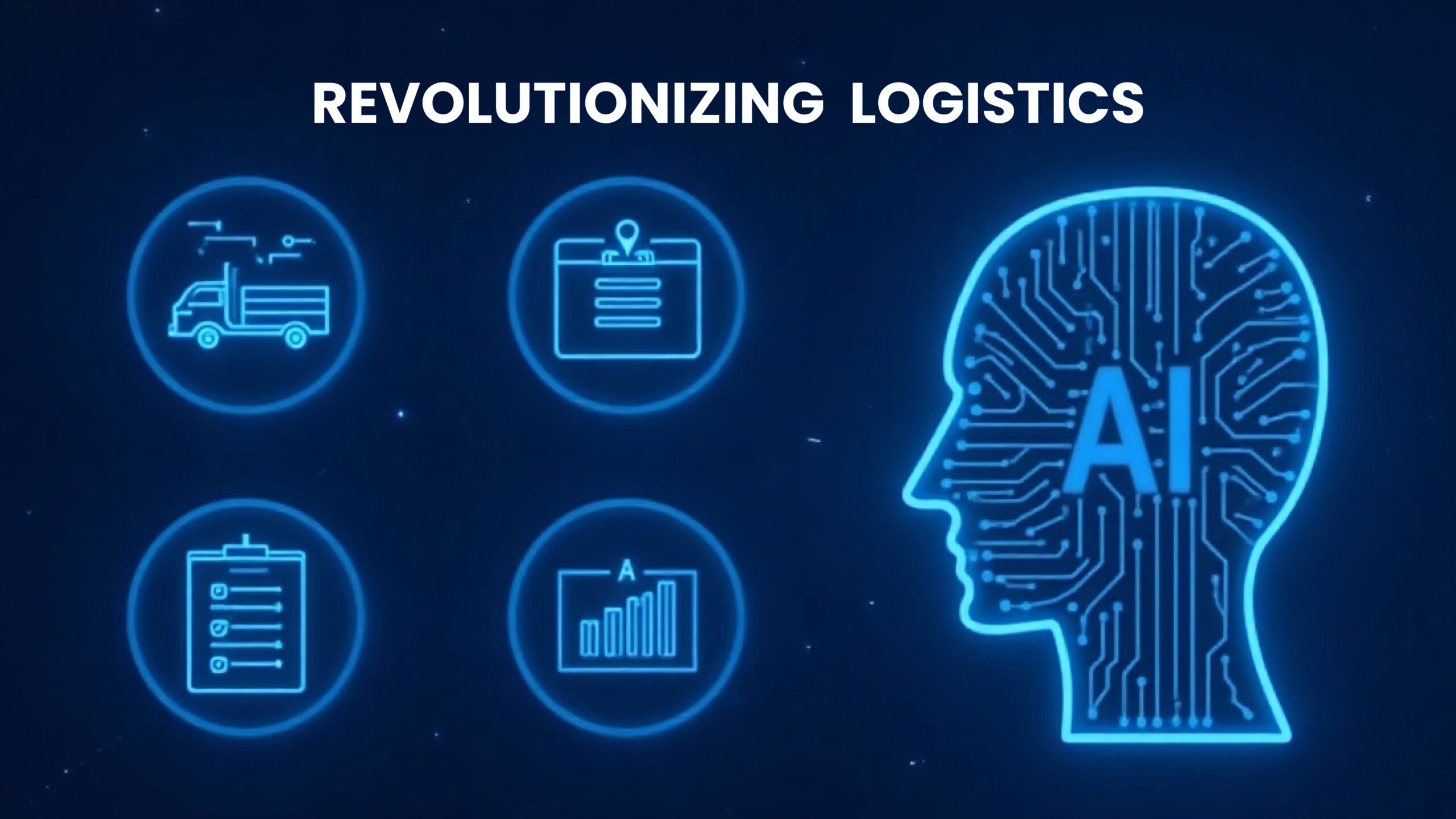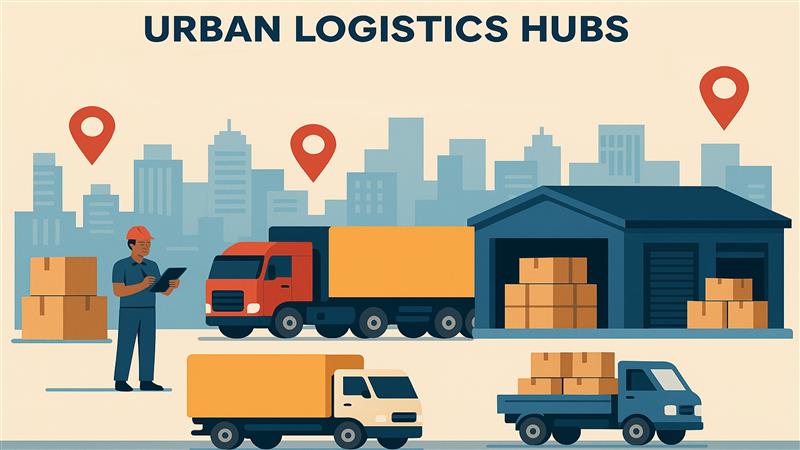What will the workplace of the future look like? It will be a dynamic environment where technology, flexibility, and human-centric design converge to create a more efficient and engaging employee experience. This powerful blend of adaptability, creativity, and inclusiveness drives the evolution of work and the same applies to Global Capability Centers as well.
Previously, GCCs were seen as cost-effective back-office operations, however, they have now evolved into innovation hubs that shape global business strategies and redefine workplace standards. Crucial to this evolution is the hybrid work model. Many Indian corporations, such as Deloitte India and KPMG, are shifting towards hybrid work models in 2025. This model harmonizes productivity with flexibility, creating new opportunities for talent and collaboration worldwide. This blog explores the future of the workplace, focusing on the role of GCCs in shaping this transformation.
The Transition to Hybrid Work Models
The COVID-19 pandemic brought about profound changes in workplace flexibility, forcing global businesses to recognize the need for remote work and adapt rapidly to this new operational model. The transition to GCCs sped up the implementation of hybrid work models, integrating on-site functioning with remote working arrangements.
A 2023 report from McKinsey indicated that companies implementing hybrid work experienced increased productivity. Approximately 59% of employees preferred flexible work conditions (McKinsey & Company, 2023). In India, IT professionals prioritize work-life balance and location flexibility. This has proven particularly advantageous for GCCs in such competitive labor markets.
The Advantages of Hybrid Work Models in GCCs
- Access to a Global Workforce :
Through workforce enablement, GCCs globally have access to a broader talent pool. This has proved beneficial in countries such as India and the Philippines, where competition for skilled workforce is high. Hybrid work setups enable GCCs to attract and retain top talent. They allow employees to choose between working from home or the office. - Cost Savings:
The adoption of hybrid models has reduced utility costs and operational expenses, such as office space costs. A 2022 Global Workplace Analytics report stated businesses can save huge costs through an effectively executed hybrid work strategy. This amount was predicted to be around $11,000 per employee every year. - Enhanced Collaboration and Innovation:
Modern collaboration tools like Microsoft Teams, Slack, and Zoom enable effective communication among remote teams. Global teams work together on innovative solutions in a hybrid framework that encourages a variety of viewpoints. GCCs benefit from combined expertise that propels business strategies ahead.
Challenges in Adopting Hybrid Models:
While hybrid work models offer numerous benefits, they also present challenges that GCCs need to address:
- Fostering Team Cohesion:
A key challenge of hybrid work models is balancing remote and on-site teams. Communication gaps and collaboration difficulties can arise, leading to inefficiencies. Technology issues and scheduling conflicts further complicate coordination. Additionally, maintaining company culture and addressing security concerns is crucial to ensure seamless operations. To ensure productivity regardless of their work locations, it is crucial to ensure seamless communication and collaboration between teams. - Cybersecurity Risks:
Cybersecurity threats are high as employees access sensitive information from remote locations. Cybersecurity and employee cybersecurity training are critical issues requiring immediate attention. GCCs must invest in comprehensive cybersecurity measures, including multi-factor authentication, endpoint safeguarding, and routine audits. As highlighted in the EY survey report below, the risk of a data breach due to hybrid working is a significant concern for GCCs.
Data Source: EY’s Global Capability Center (GCC) Pulse Survey 2024
- Infrastructure and Technology:
The effectiveness of remote work hinges on the availability of appropriate tools and infrastructure. Therefore, GCCs will be responsible for equipping their employees with the necessary resources, such as high-speed internet connections, comfortable and ergonomic workspaces, and secure VPNs.
Key Approaches for Effective Hybrid Work Models
- Invest in Technological Solutions:
Selecting and implementing the right digital tools for the business is crucial. From project management systems like Trello and Jira to virtual communication solutions, an appropriate tech stack can enhance hybrid work efficiency. - Emphasize Employee Engagement:
Frequent virtual check-ins, training sessions, and team-building initiatives can boost employee satisfaction and retention rates. - Establish Cyber Security Protocols:
Businesses must prioritize data integrity and regulatory compliance by implementing secure access procedures, data encryption, and real-time monitoring. - Hybrid Work Models and DEI (Diversity, Equity, Inclusion) Initiatives:
Hybrid work models in GCCs focus on creating inclusive work environments and enhancing operational efficiency. According to an Inductus report, 60% of GCCs worldwide have enforced policies to enhance gender equity, neurodiversity, and inclusivity.For example, Accenture’s GCC in India aims to achieve a 50:50 gender balance by 2025 through focused recruitment and mentorship initiatives. This commitment to diversity is fostering better representation and increased opportunities for all employees within GCCs. - Employee Well-being in Hybrid Work Models:
In the hybrid work era, employee health and happiness are a major focus. Specialized mental health initiatives that provide resources like counseling, wellness workshops, and seminars on stress management are offered by more than half of GCCs worldwide.Many organizations have invested heavily in AI-driven tools for employee well-being. These tools track stress due to workload and suggest strategies to help employees achieve a balanced work-life dynamic. This approach is part of a larger effort to provide flexible working options and ensure that employees feel supported in all dimensions of their professional and personal lives.
The Future of Hybrid Work in GCCs
The hybrid work model is more than a fleeting solution; it serves as a sustainable strategy that corresponds with the changing expectations of the workforce and the needs of businesses. As GCCs continue to evolve and innovate, the hybrid work model will remain integral to their development narrative. According to a 2023 McKinsey report, companies adopting hybrid models saw a 7% increase in productivity.
We at Astravise Services can guide you through the complexities of labor laws and regulations to maintain compliance and reduce risks. We also create and execute effective compensation and benefits packages, drawing in and keeping the finest talent for your GCC. Our comprehensive strategy merges talent recruitment, process enhancement, and technology integration, guaranteeing a successful GCC experience. We offer highly customizable services that can be tailored to align with specific requirements perfectly.
Establish your Global Capability Center (GCC) in India with the support of Astravise Services to create a future-ready organization.
Book your free consultation now.










